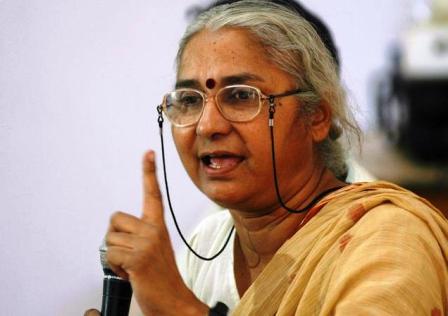In a controversial statement that has sparked alarm among legal experts and constitutional scholars, Vice-President Jagdeep Dhankhar criticized the judiciary for allegedly overstepping its bounds, particularly targeting the Supreme Court’s recent verdict that set deadlines for the President and Governors to act on Bills.
“We cannot have a situation where courts direct the President,” Mr. Dhankhar said, suggesting that the judiciary is interfering with the powers of the executive. He further described Article 142 of the Constitution — which empowers the Supreme Court to pass orders necessary to do "complete justice" — as a “nuclear missile against democratic forces, available to the judiciary 24x7.”
This incendiary metaphor has drawn backlash for implying that judicial independence — a cornerstone of democracy — is somehow hostile or dangerous. Critics argue that such rhetoric undermines public trust in the judiciary and risks damaging the careful separation of powers between branches of government.
While addressing the sixth batch of Rajya Sabha interns, the Vice President also referred to a serious incident involving a Delhi High Court judge, Yashwant Varma, from whose residence a large amount of cash was allegedly recovered in March. He questioned the delayed disclosure of the incident and criticized the absence of an FIR against the judge.
“An FIR in this country can be registered against anyone, any constitutional functionary, including the one before you... But if it is Judges, FIR cannot be straightaway registered. It has to be approved by the concerned in the Judiciary, but that is not given in the Constitution,” he argued.
He went on to question why judges, unlike the President and Governors, appear to enjoy immunity not explicitly provided in the Constitution.
“If the event had taken place at his house, the speed would have been an electronic rocket. Now it is not even a cattle cart,” he remarked, criticizing the pace of response and investigation.
Why These Remarks Are Dangerous
While scrutiny of public institutions is necessary in a democracy, the Vice President’s remarks are concerning for several reasons:
1. Undermining Judicial Authority: By calling Article 142 a "nuclear missile," the Vice President risks portraying the judiciary as a threat rather than a guardian of constitutional rights.
2. Challenging Separation of Powers: The suggestion that courts should not “direct” the President could erode judicial checks on executive inaction or overreach, especially when constitutional responsibilities are being delayed or ignored.
3. Eroding Public Confidence: As the Vice President of India — also the Chairperson of the Rajya Sabha — such statements carry institutional weight. Attacks on judicial legitimacy can embolden other political actors to disregard court rulings, weakening the rule of law.
4. Threatening Judicial Independence: Implying that judges should be more easily prosecuted, without proper due process and internal accountability, could be seen as an attempt to intimidate the judiciary.
5. Fueling Distrust During Sensitive Times: At a moment when public trust in institutions is essential, these remarks may sow unnecessary suspicion and politicize judicial matters that require careful and independent handling.
The Vice President’s speech has ignited a vital conversation about accountability and judicial conduct. However, framing the judiciary as a rogue institution and questioning its constitutional powers without nuance is fraught with danger. Safeguarding democracy requires mutual respect and balance among all pillars of governance — executive, legislature, and judiciary. When this balance is disturbed through political rhetoric, it threatens not just institutions, but the very foundation of constitutional democracy.








Comments
Add new comment